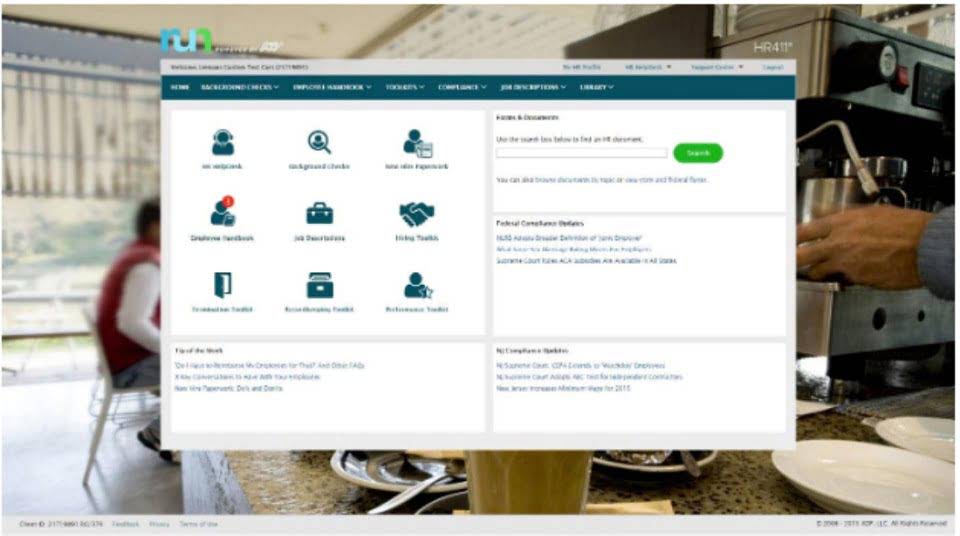Accounting Errors: What Is a Transposition Error
Content
The one-year reporting period is known as the accounting, or fiscal, year. Businesses whose accounting year begins on January 1 and ends on December 31 are known as calendar-year companies. Many companies choose a fiscal year ending on a date other than December 31.

Transactions enter the journal as the first and second steps in the accounting cycle. The journal is a chronological record, where entries accumulate in the order they occur. The trial balance period is the final phase before publishing financial reports. Perform timely account reconciliations to compare accounting balances with external sources, what is a transposition error such as bank statements, loan statements and credit card statements. Reconciliations can also apply to comparisons of subsidiary journals to the general ledger, although this step can usually be eliminated by using integrated accounting software. Errors of principle occur when the wrong accounting treatment is applied to a transaction.
Accounting Errors FAQs
Two or more errors in different accounts may be offsetting, to cancel each other. If, for instance, a credit transaction in one account is $100 too high, and if in another a debit transaction is $100 too high, the trial balance will still balance. The firm makes an entry as a debit to an account when it should have a credit, and its corresponding co-transaction registers as a credit when it should be a debit. When this happens, total "debits" still equal total "credits." Exhibit 2, below, helps explain the meaning of account balance in this context. Consider, for instance, just one account, "Cash on hand." Debit and credit transactions in this account have transferred from the journal to the general ledger.

This decision is based on the perceived impact of rounding for users' business decisions. For this reason, company management and accountants will use the trial balance period to rigorously search out and correct all accounting errors—whether they impact the trial balance or not. Because the trial balance must balance, accountants may also adjust specific accounts, so that total "debit DR" and "credit CR" balances match. Adjustments are not so much a matter of fixing errors, as they are improvements in the accounting accuracy. The intent is to match revenues and expenses more correctly to the appropriate period.
Stay up to date on the latest accounting tips and training
Accounting errors can lead to strained relationships with suppliers and customers if transactions are handled incorrectly or missed entirely. Additionally, accounting errors take time to correct, making staff less efficient, and can cause labor costs to increase.
For instance, the Cash account is an asset account and is on the debit side, while Accounts Payable is a liability and therefore would be placed on the credit side. The debit side and the credit side must balance, meaning the value of the debits should equal the value of the credits. A trial balance will not balance if both sides do not equal, and the reason has to be explored and corrected. At the end of the month when it's time to balance the accounting books and get ready for the next accounting period, one of the first steps is compiling a trial balance. From that point, you can complete the rest of the accounting process. Generally, businesses prepare trial balances at the end of each reporting period.
Error of commission
A good example of this is entering equipment purchases as an operating expense. A fixed-asset purchase wouldn’t get entered as an operating expense because it’s not a day-to-day expense the company incurs. Also, fixed-asset purchases belong on the balance sheet, while operating expenses belong to the income statement. The data entered into the accounting system is incorrect such as entering in the wrong amount.
